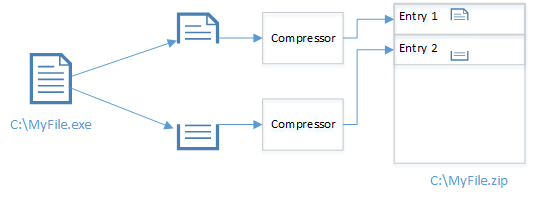The state of TTS systems
I have this semi-blind friend that I used to work together with. He uses an application called Zoomtext for reading online news, install applications and so on. The only problem is that the program is poor in quality - always lagging around the screen, crashing and is really heavy to dance with. Being geek by nature I tried to find alternatives and stumbled upon some online TTS (Text-To-Speech) system with some really good quality voices. One of them was iSpeech. It is a webservice based application where you can upload your content for free. But free does not necessarily mean easy, here is what I think about it:
1. It is online and thus you can only past it some text and then get the speech results. There are no parsing of documents on the fly so you can read while you listen. This can be solved (sort of), read on...
2. Building an application that works together with the parsing engine of Zoomtext seems to be pretty easy. Problem is that each upload of text portion will contain an advertisement for the service - You can of course get around that paying a large amount of money, but paying $99 each month (for 600 minutes of audio) for only the voice of a TTS system is not really an option.
So how come handicapped people have to live without the high quality voice proviced by iSpeech (or odiogo) in a text parser engine like the one from Zoomtext? We are way behind on the field of assistance applications in my opinion and someone needs to put those two together.


Comments
Post a Comment